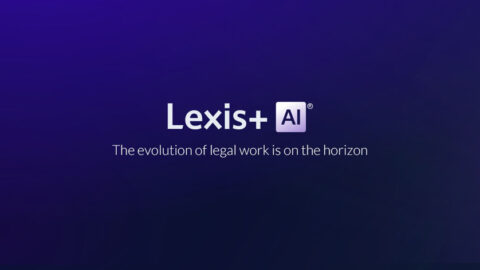Social Justice
Beyond The Checklist: Unlocking Growth Through A Culture Of Compliance
We live in fascinating and fragile times. No one could have predicted how turbulent 2025 would be, with one of the world’s superpowers disrupting global trade with tariffs. As countries look inward, compliance in South Africa remains misunderstood and underutilised.
For many businesses, especially start-ups and small, medium and micro enterprises (SMMEs), compliance is seen as a necessary evil – a tick-box exercise at best and a business-breaking burden at worst. But it doesn’t have to be this way.
True business resilience beigns with accountability
Compliance can no longer be treated as a back-office task that surfaces when deadlines loom, regulations tighten or investment is on the line. One step is to embed compliance into a business’s DNA from day one, regardless of size or sector.
This starts with a deep, industry-specific understanding of the regulatory landscape in which a business operates. It’s not enough to simply know the rules. Businesses need robust internal policies and compliance programmes that foster a culture of ethics, actively educating teams on responsible business practices. Improving financial literacy and upskilling are key. Business owners need to understand not just what compliance entails, but also why it matters – and how it can build trust, credibility and long-term growth.
Accountability also means being proactive – understanding sector trends, anticipating legislative changes and aligning operations not just to meet compliance requirements, but also to exceed them. The businesses that win are those that lead with transparency, integrity and foresight.
Having spoken to numerous SMMESs and entrepreneurs on the SAICA Biz Impact Podcast, I’ve found that one of the most consistent themes is how digital tools can be crucial for resource-strapped SMMEs.
Cloud-based accounting, HR, payroll platforms and automated reporting systems not only reduce administration time, but also help businesses stay audit-ready and investor-friendly. These tools empower business owners to track compliance milestones, flag issues early and streamline decision-making.
Equally important is access to standardised templates, toolkits and sector-specific guidance that demystify compliance. Whether provided by government departments, banks or industry bodies, these resources fast-track compliance literacy and execution.
Rewarding compliance
Good compliance can and should be rewarded. From tax breaks and grant eligibility to preferential procurement opportunities, a strong compliance track record unlocks business benefits. It builds credibility, opens doors to funding and boosts competitiveness, especially for SMMEs looking to scale or expand. This is critical in the context of the African Continental Free Trade Agreement, where access to regional and global markets will depend on the robustness of operations and governance frameworks.
South Africa’s relatively informal stokvel sector, valued at over R50-billion, is a great example here. With better compliance frameworks and incentives to formalise, these collective savings schemes could be engines for economic participation and wealth creation.
Don’t regulate for regulation’s sake
Ultimately, compliance is not just about rules, but also the readiness to grow, attract investment, expand into new markets and lead with purpose. It’s also about being accountable to employees, customers and the broader economy.
In South Africa, one of the sectors where compliance challenges are most pronounced is the township economy. While the focus must remain on formalising and supporting all SMMEs, it’s crucial to recognise that our township economy, valued at R900-billion, is one of the country’s most under-leveraged assets. By embedding a culture of compliance grounded in ethics, responsibility and smart systems, South African SMMEs can transform from survival-mode operators to opportunity-seeking market players. We can unlock the full potential of this sector and so many others.
This isn’t about regulation for regulation’s sake; it’s about fostering access to funding and markets and sustainable economic inclusion that can drive growth for businesses, communities and the economy. That’s how we build a resilient, ethical and inclusive economy, one small business at a time.





